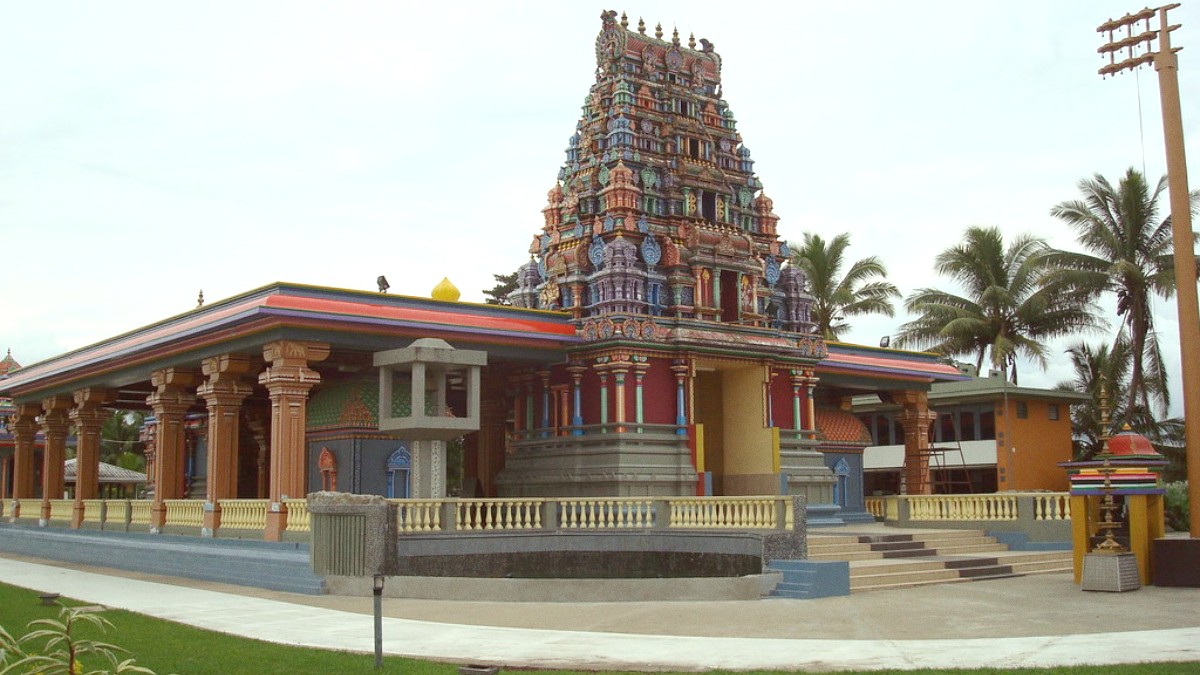
Viti Levu, Fiji
Support protected areas and conservation initiatives. Marine protected areas safeguard coral reefs and marine life. Many resorts engage in coral planting and marine research. Bring a reusable water bottle; reduce plastic. Reuse towels to save water.
Observe respectful interaction guidelines: ask permission for photos, especially children. Dress modestly in villages, covering shoulders and knees. Remove shoes indoors. Participate respectfully in kava ceremonies. Do not touch heads; avoid hats in villages.
Your travel choices directly support the local economy. Choose community-based tourism, fair trade, and ethical shopping. Eat at local restaurants, shop at municipal markets, use local transport. Contribute to established charities rather than direct giving to individuals.
Fiji's natural environment is a precious asset. Adopt practices that protect it.
Fiji has a growing network of marine protected areas (MPAs) around its islands. These safeguard vulnerable coral reefs, fish populations, and marine life.
Conscious consumption of resources makes a positive mark.
Mitigate your travel's environmental effects.
Choose accommodations and tour operators committed to sustainability.
Be mindful of privacy, especially when photographing children. Avoid intrusive or disrespectful photography. If someone declines a photo, respect their wishes immediately. Focus on landscapes or general scenes if unsure.
When visiting temples or churches, maintain silence. Dress modestly, remove your shoes before entering, and abide by any specific instructions or signs regarding behavior or photography.
Your choices as a traveler contribute to Fiji's long-term environmental and cultural well-being.
Your travel choices directly support the local economy. Favor practices that benefit Fijian communities.
Choosing tours or accommodations that directly return to local communities.
Conscious purchasing empowers local artisans.
Distribute your tourism spending widely within the community.
Ensure your donations are effective and sustainable.
Child protection is a serious concern. Be aware and report any suspicious activities.
If you witness any suspicious activities or feel uncomfortable with a situation involving children, report it to local authorities or your embassy.
Maintain appropriate boundaries with children and avoid situations that could be misinterpreted or harmful.
Direct support to child welfare organizations can strengthen community protection systems.
Prioritize safety for children. Report any suspicious behavior to local authorities immediately.
Every choice, from accommodation to purchases, reflects a commitment to responsible travel.